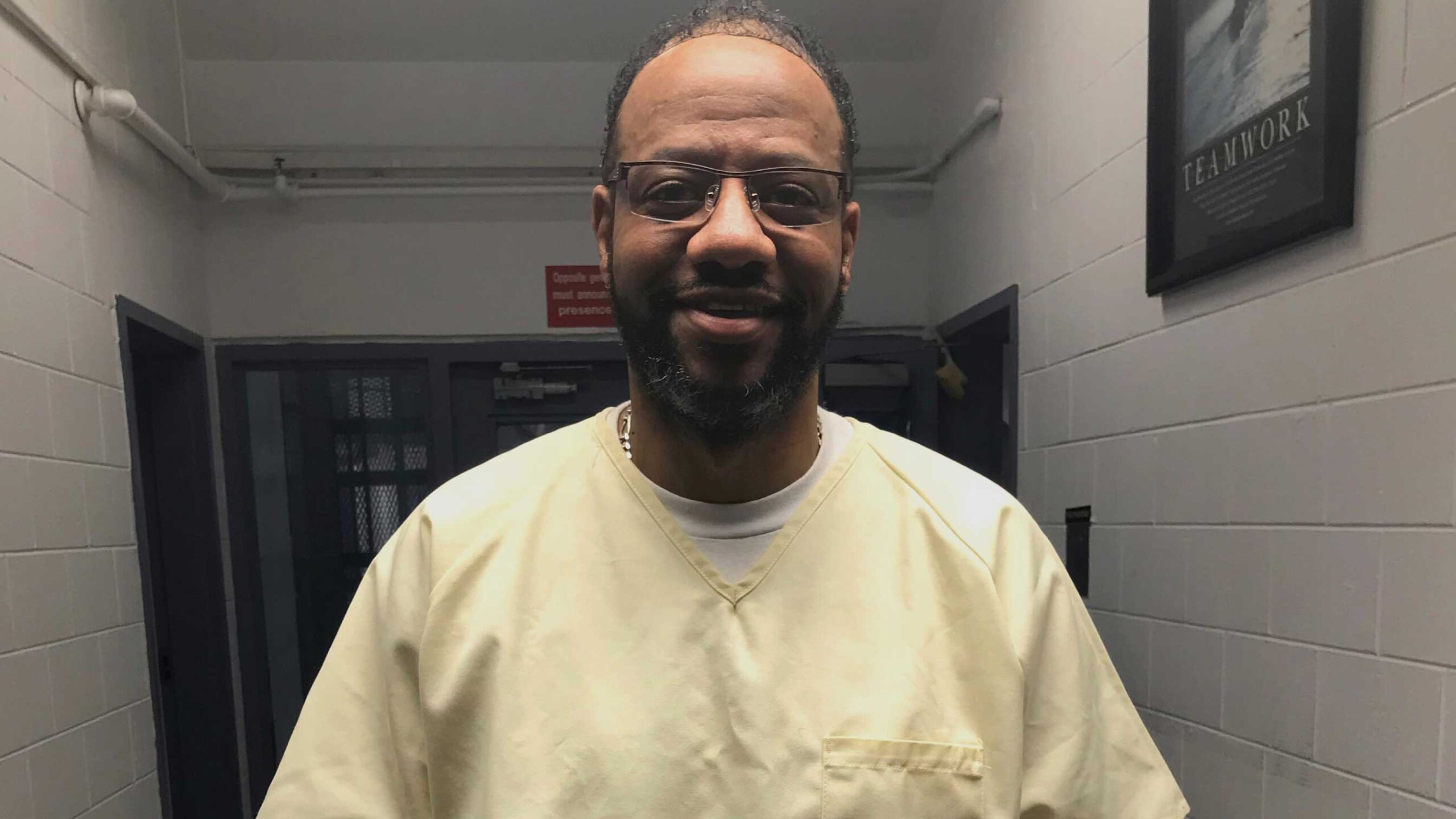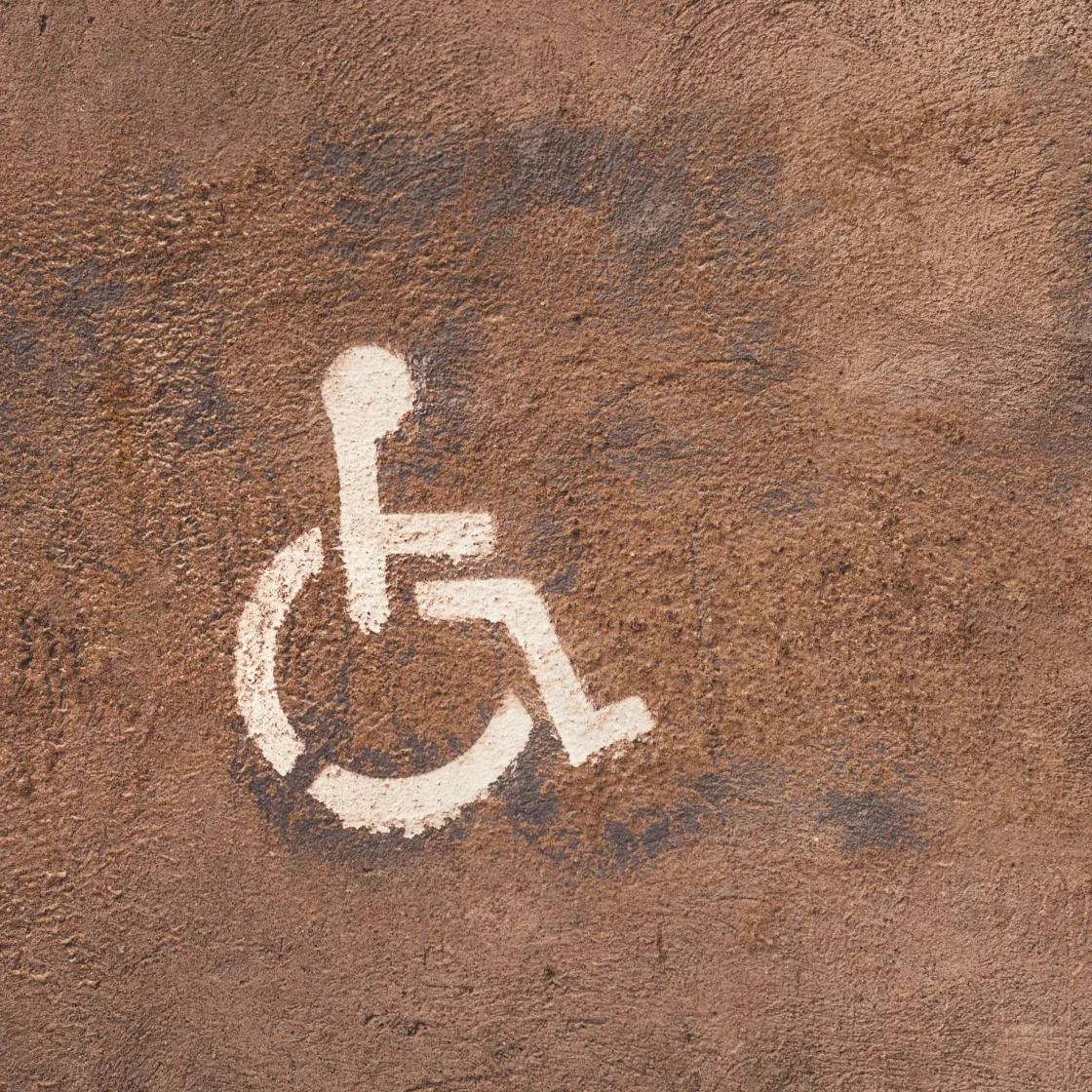8 Ways People With Disabilities Can Be Vulnerable to Wrongful Conviction
For Disability Pride Month, we're taking a look at how people with disabilities can face unique challenges that hinder their ability to effectively participate in the criminal legal system.
07.31.23 By Meghan Nguyen
July is #DisabilityPrideMonth — a time to celebrate, empower, and raise awareness about the achievements, diversity, and rights of people with disabilities.
Amid this commemoration, it’s crucial to recognize how disability intersects with social justice. At the Innocence Project, we know that people with disabilities can be tragically ensnared in the criminal justice system. Individuals with disabilities face unique challenges — including communication barriers, negative stereotypes, and inadequate accommodations — that can hinder their ability to effectively participate in the legal process and can make them particularly vulnerable to wrongful conviction, incarceration, and death sentences.
The cases of Pervis Payne and Robert Roberson underscore the challenges that people with disabilities face in the criminal justice system. Their stories have compelled us to raise awareness about the unique hurdles that individuals with disabilities encounter during the legal process, which include:
1. Communication barriers
Some disabilities, such as speech or hearing impairments, can hinder effective communication with law enforcement and legal professionals, potentially leading to misunderstandings or misinterpretations. Additionally, some individuals with disabilities may not fully understand their rights or the legal process when communicated, making it difficult for them to navigate their defense effectively.
2. Misinterpretation of behavior
Disabilities like autism or intellectual disabilities can result in behaviors that may be misinterpreted by law enforcement as deceitful, non-compliant, or otherwise inculpatory, leading to prejudiced assumptions about their guilt.
People with autism may not process or display emotion in the same way as neurotypical people. For example, Robert Roberson is a father with autism who has spent 20 years on death row in Texas for a crime that never occurred. In 2002, Mr. Roberson’s two-year-old, chronically ill daughter, Nikki, was sick with a high fever and suffered a short fall from bed. Hospital staff did not know Mr. Roberson had autism and judged his response to his daughter’s grave condition as lacking emotion. Additionally, law enforcement inferred guilt from Mr. Roberson’s emotional response to his daughter’s death because it was different from what they believed to be a normal grief response. Mr. Roberson was prosecuted, convicted, and sentenced to death.
3. Suggestibility
People with certain disabilities may be more susceptible to suggestion during police interrogations, leading them to make false confessions or statements. A National Registry of Exonerations report found that, from 1989 to 2020, 70% of people who falsely confessed and were exonerated had a mental illness or intellectual disability.
4. Limited access to legal representation
People with disabilities may face challenges in finding and retaining appropriate legal representation, which can impact the quality of their defense.

Pervis Payne, who has an intellectual disability, spent 33 years on Tennessee’s death row. (Image: Courtesy of PervisPayne.Org)
5. Prejudice and bias
Disabled individuals can be subject to societal prejudice, leading to unfair treatment and bias from judges, jurors, or other legal professionals. Jurors and witnesses might unconsciously rely on stereotypes and misconceptions about people with disabilities, influencing their perception of the defendant’s guilt or innocence
Pervis Payne has maintained his innocence for more than three decades on death row for murder. Because of his disability, Mr. Payne was not able to fully participate in his defense and was not a strong witness on his own behalf. Additionally, the prosecution’s case against him exploited his intellectual disability and relied on racist stereotypes of Black men to paint a portrait of Mr. Payne as a dangerous and hypersexualized drug user. In 2021, Mr. Payne was officially removed from death row following the Shelby County district attorney’s concession that he is a person with an intellectual disability and therefore cannot be executed.
6. Inadequate accommodations
The criminal justice system might not always provide the necessary accommodations, such as accessible facilities, sign language interpreters, or assistive technologies, to ensure a fair trial for people with disabilities.
7. Memory and perception issues
Certain disabilities can impact memory and perception, making it harder for the individual to recall details accurately or provide a coherent account of events, leading to inconsistencies in their testimony.
8. Burden of proof
Some states rely on arcane and unscientific standards for determining and defining intellectual disability, making it difficult for individuals with these disabilities to prove that they even have one. For instance, there are states that appoint people without the requisite expertise to conduct the “assessment” and make the “diagnosis” of intellectual disability.
At least 12 states define intellectual disability as having an IQ of 70 or lower, even though many experts consider IQ scores alone to be a blunt and highly fallible method of measuring ability. And the burden of proof required to prevail on a claim of intellectual disability varies by state. Indiana, for example, requires clear and convincing evidence. In Missouri, there only needs to be a preponderance of evidence. This means that often, geography, not science, will determine whether or not a person is found to be intellectually disabled.
To address these vulnerabilities and ensure the fair treatment of those with disabilities, those in the legal system need to be proactive in providing appropriate accommodations and understanding the unique needs of individuals with disabilities during investigations, trials, and the entire criminal justice process. This includes the training of law enforcement, lawyers, judges, and jurors to be more aware of disability-related issues and biases that might impact their decision-making.

Leave a Reply
Thank you for visiting us. You can learn more about how we consider cases here. Please avoid sharing any personal information in the comments below and join us in making this a hate-speech free and safe space for everyone.